
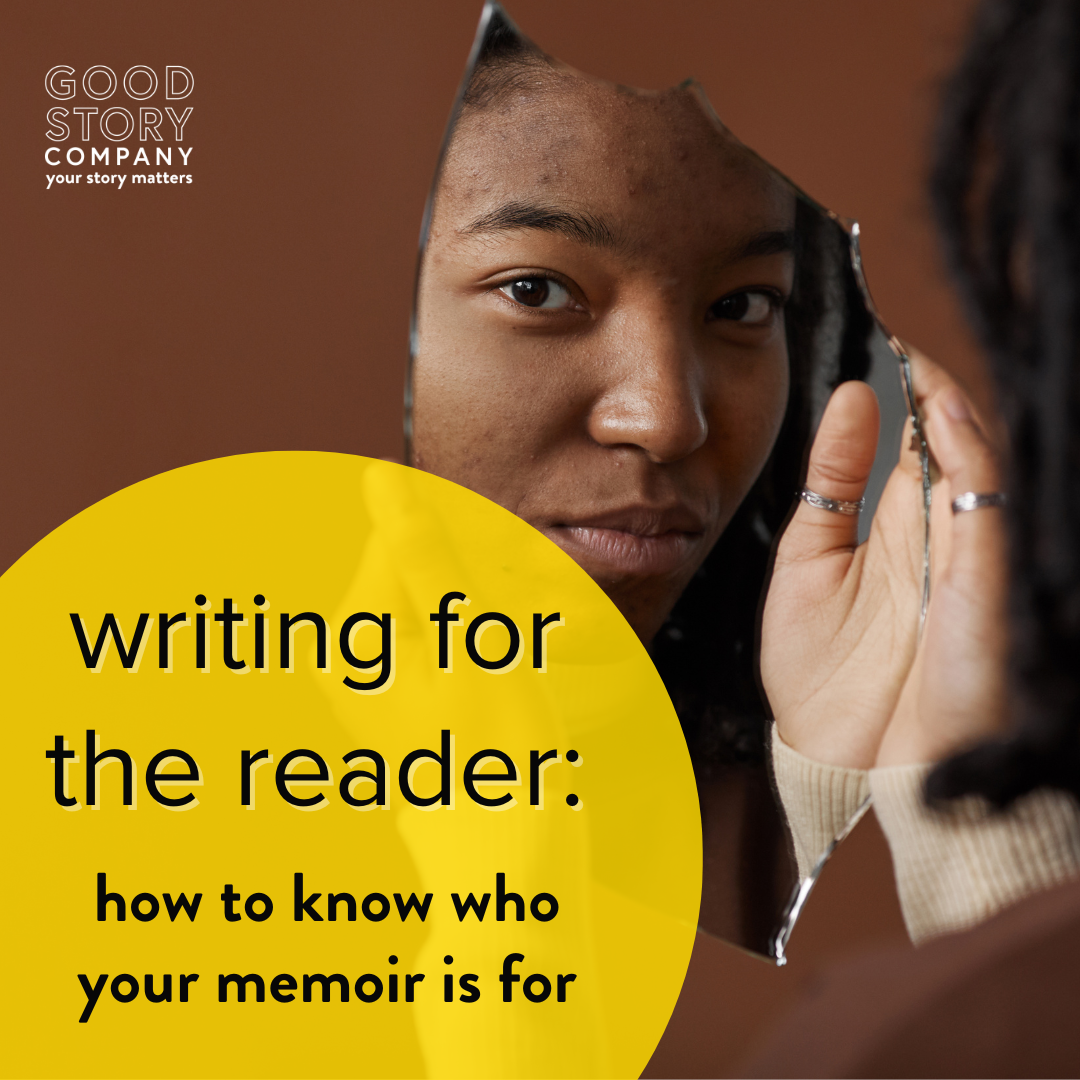
Writing For The Reader: How To Know Who Your Memoir is For
What happens when you’ve written a memoir but find that your words aren’t resonating with readers the way you thought they would? And upon that realization, what do you do or change to bridge the gap?

How to Describe Emotion
We want our readers to connect emotionally to our characters and to feel their pains and struggles—but it can be tricky to know how to describe emotion to create that connection. Here are some effective ways to describe emotion.

List of Character Reactions
Reactions go beyond what a character’s body does in the moment. Check this list for ideas for digging your characters out of their physical clichés and moving your story forward.
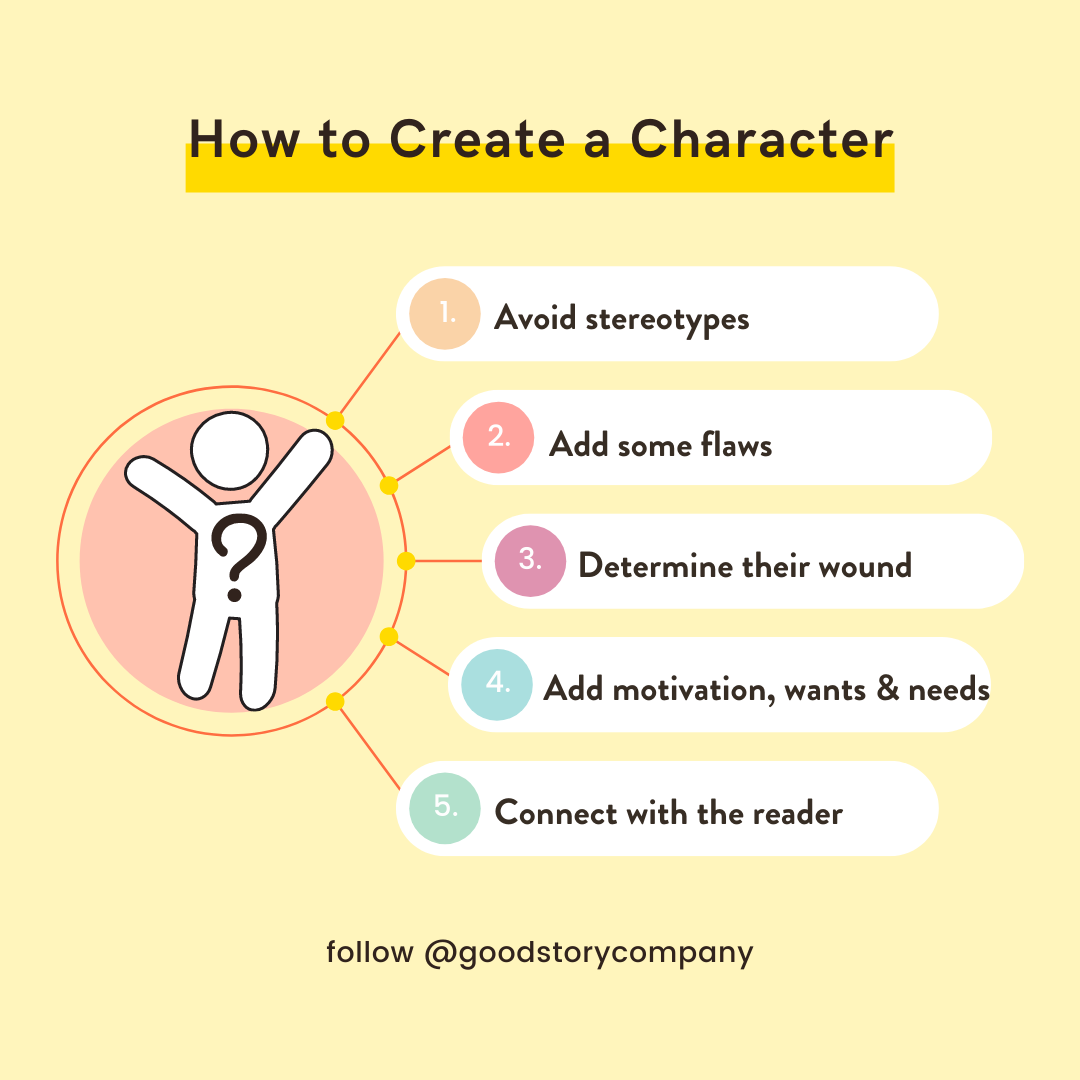
How to Create Characters
So often, story ideas begin with characters. Writers have a picture in their mind of a character they’ve never met, and from there a new story is born. How do we create characters that resonate with readers, though? What needs to go into the mix?
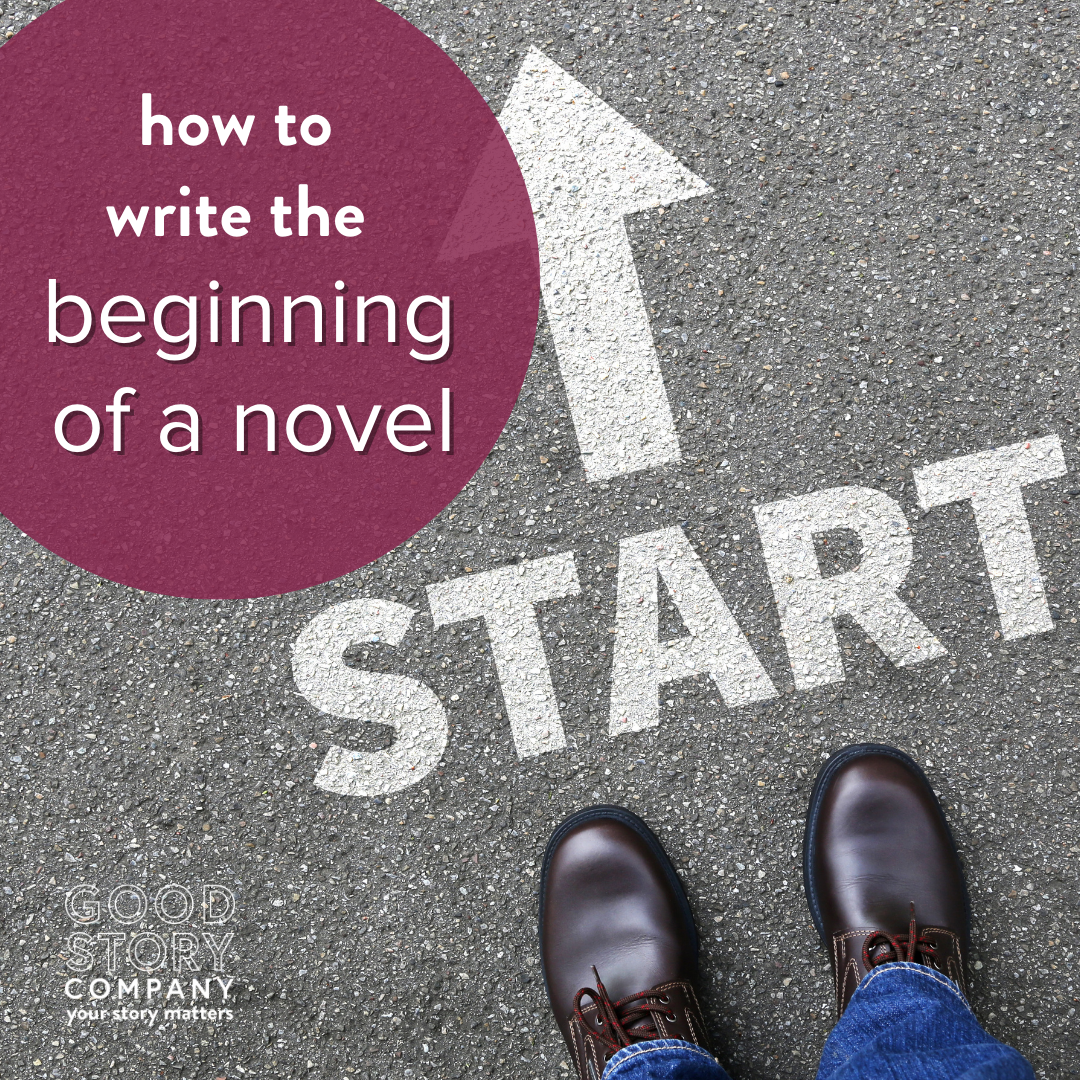
How to Write the Beginning of a Novel
The beginning of your story sets the foundation from which the plot will unfold. This foundation creates impact with the developments and conflicts that make up your narrative. If you need help with how to write the beginning of a novel, consider these three elements.
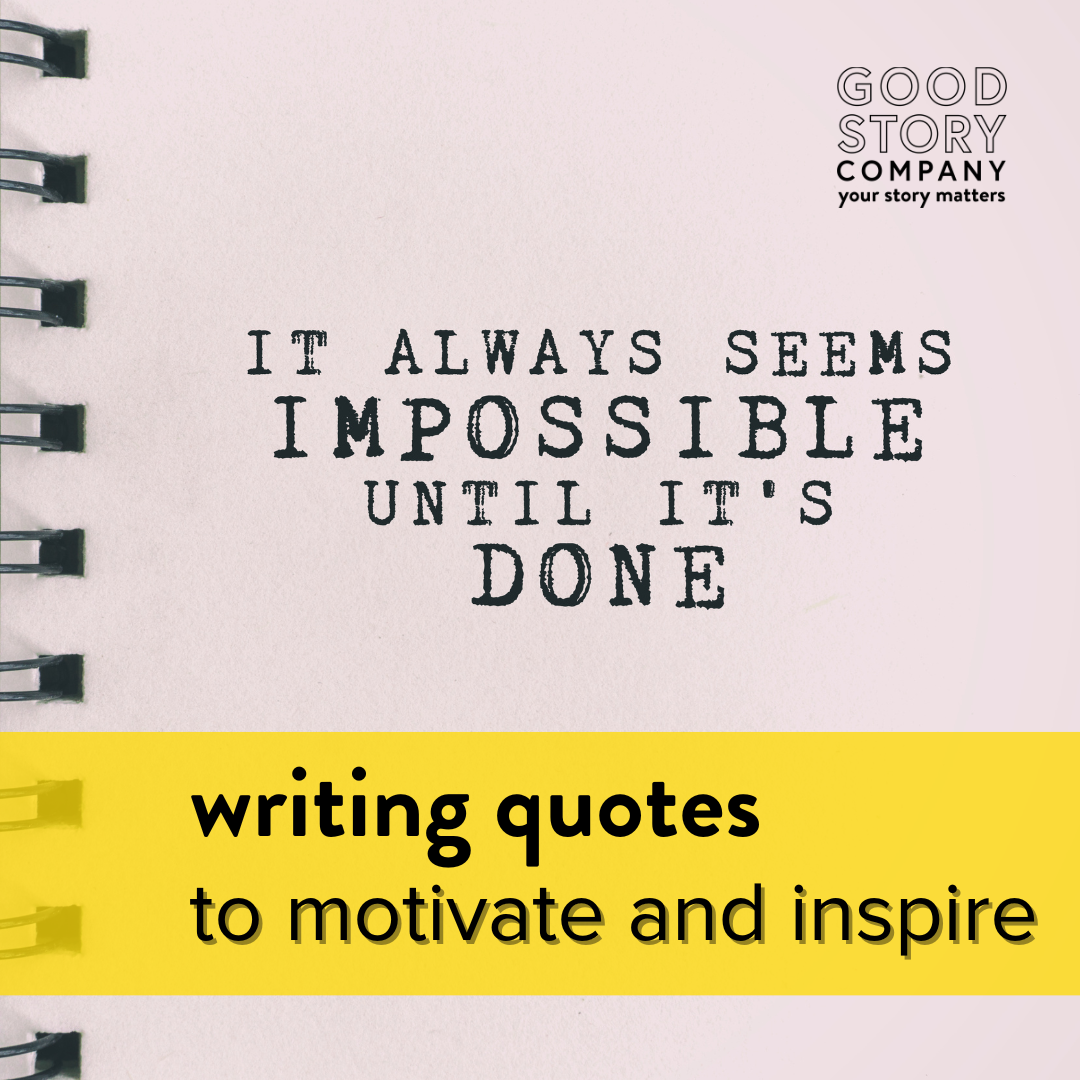
Writing Quotes To Motivate and Inspire
Pithy writing quotes can motivate and inspire with just a few words. We’ve put together some of our favorites to keep you motivated when the going gets tough.

Our Editors’ Favorite Books of 2023
We asked the editors over at Good Story Editing for their favorite books of 2023. Hear their answers and add some books to your 2024 TBR!
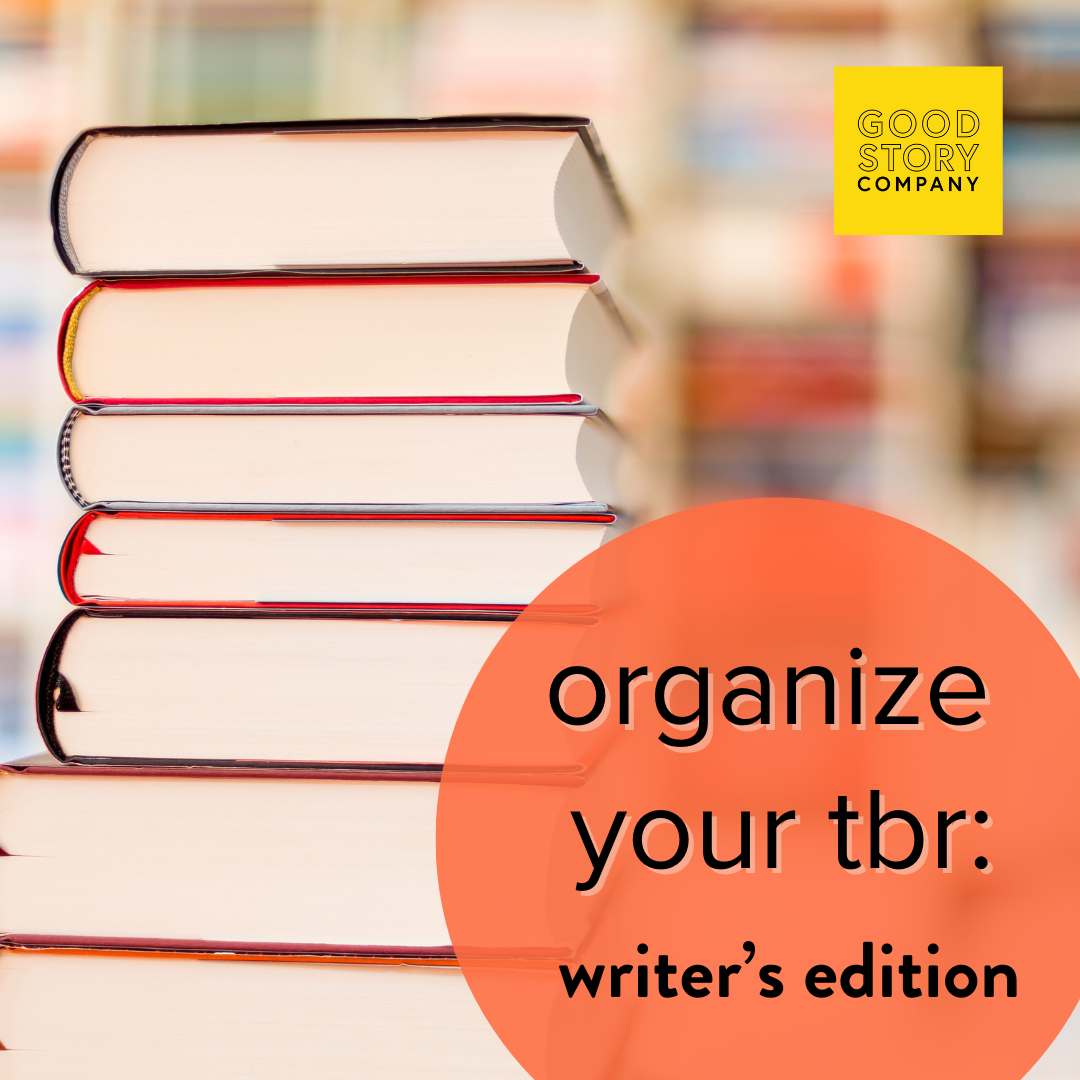
Organize Your TBR: Writer's Edition
Getting your reading life together is particularly important for writers, because reading widely and voraciously is one of the best ways to learn your craft. But there are so many books! How do you prioritize what to read?

Daily Writing Practice: Five Tips For Writing More
Having a daily writing practice is one of the best ways to improve your writing. The more you write, the more you’re able to learn about your style and voice. So, here are five tips to make this dream a reality.

What’s After NaNoWriMo?
NaNoWriMo (National Novel Writing Month) is an intense time for writers who participate. I hope it was everything you were looking for. But the end is near. What’s next?
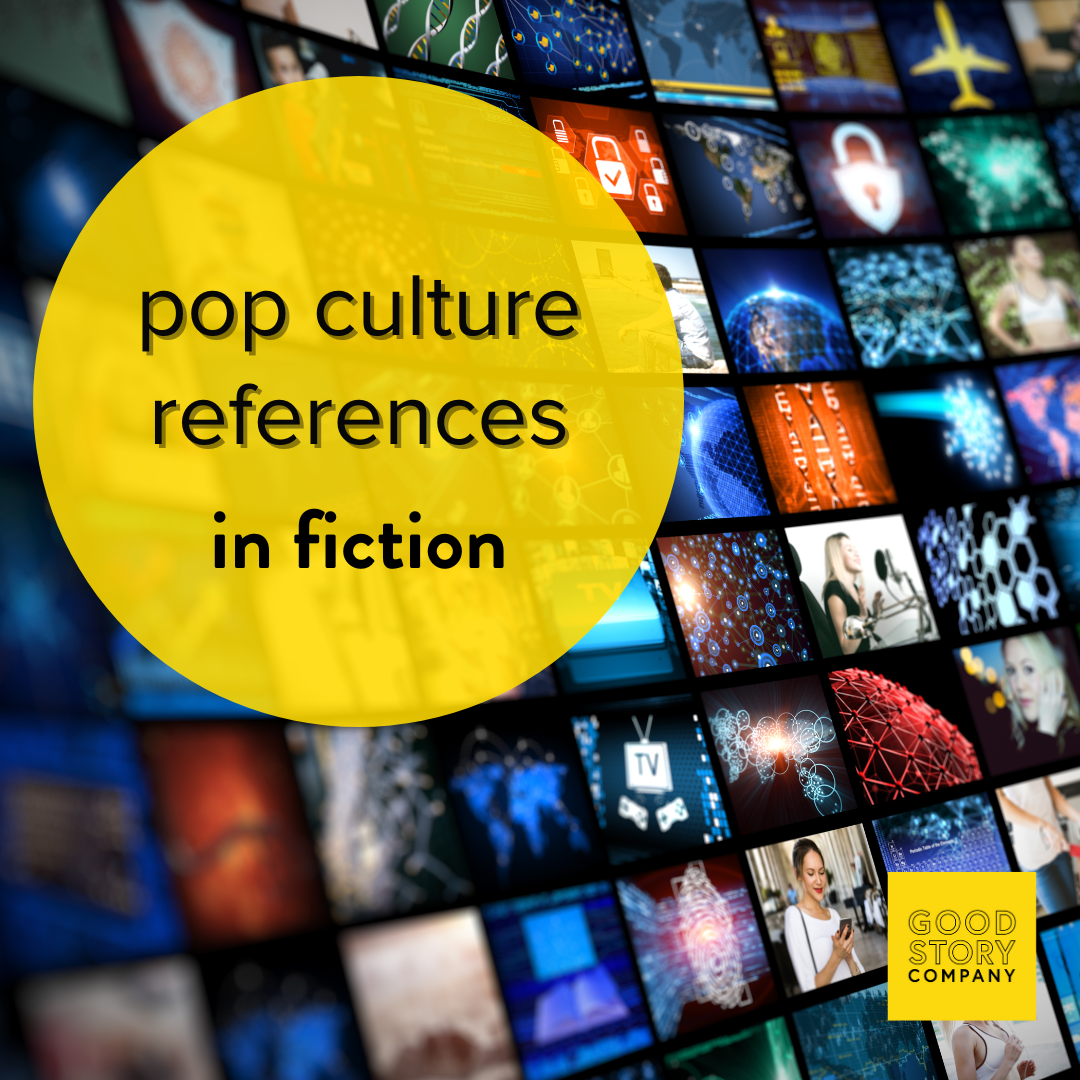
Pop Culture References in Fiction
The question of whether to include pop culture references in fiction can be a sticky one, especially for YA authors, whose target audience is often hyper-aware of pop culture trends.

NaNoWriMo: Experimenting in Multiple Genres
It’s time for NaNoWriMo! How do those authors who publish in multiple genres do it? It’s challenging enough to craft a good story in one genre, especially for brand-new writers.
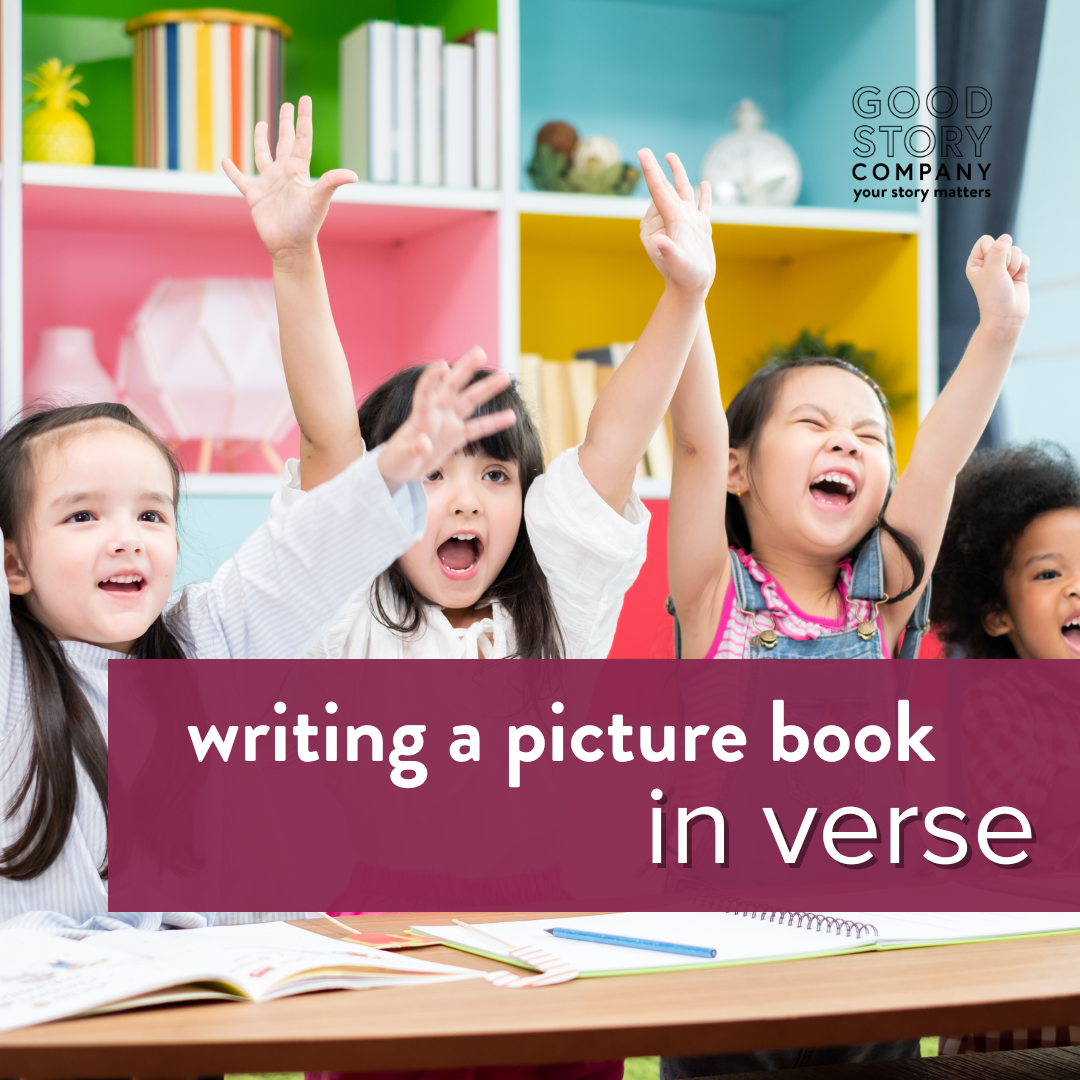
Picture Books That Sing: You Don’t Have to be a Poet to Write a Picture Book in Verse
Picture books are so fun to read aloud! Readers can play with the volume, pitch, and inflection of their voices to give the verses maximum effect.
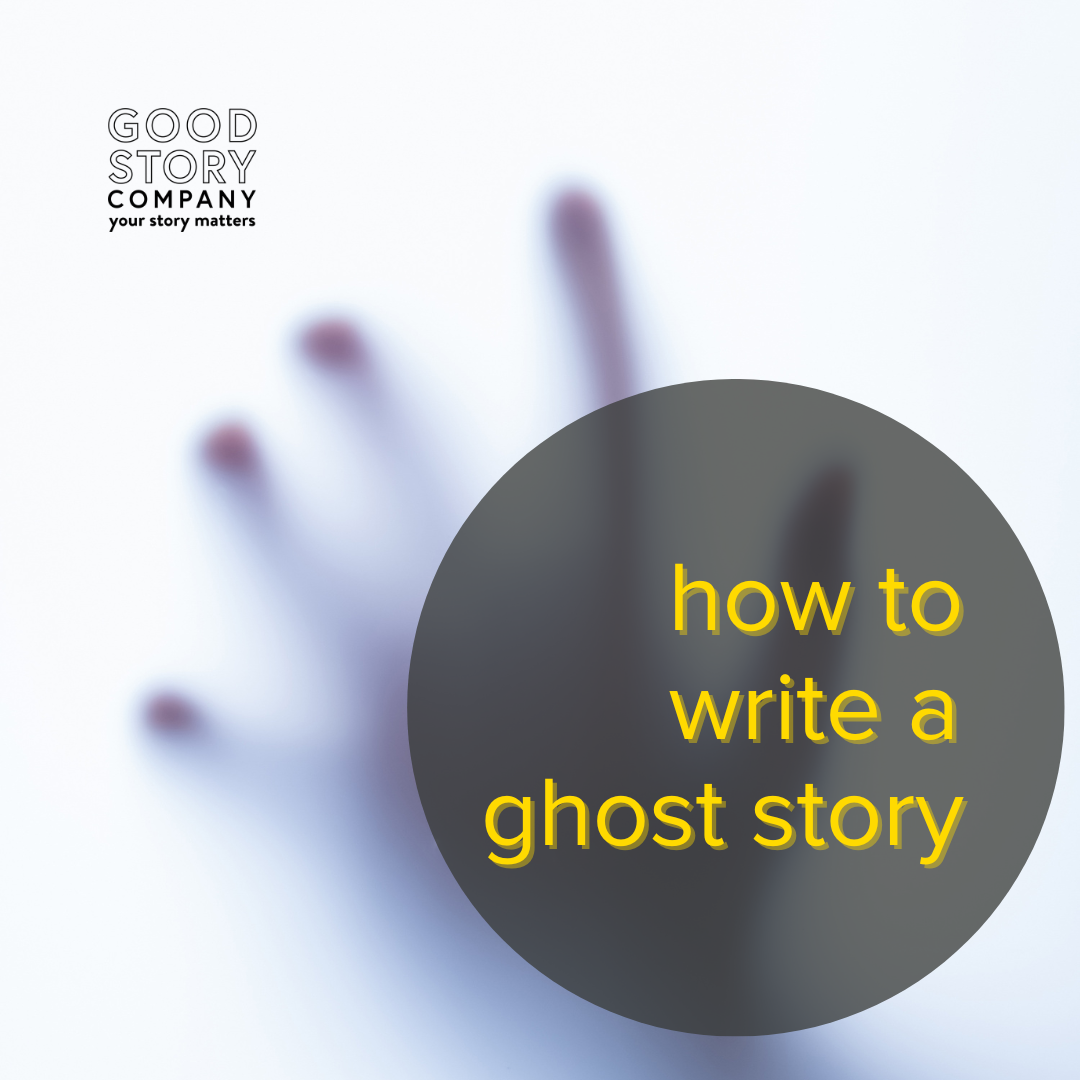
How to Write a Ghost Story
Trick, treat, and keep the thrills and chills alive by learning how to write a ghost story. Here are some tips for crafting a spooky tale that’ll scare the socks off readers this Halloween season.

Changing Literary Agents
One of the most difficult experiences for an author is changing literary agents. Sometimes, as much as many hate to admit it, seeking out new representation becomes necessary. If a relationship between an author and their agent isn’t productive, it can often be worse than having no agent at all.
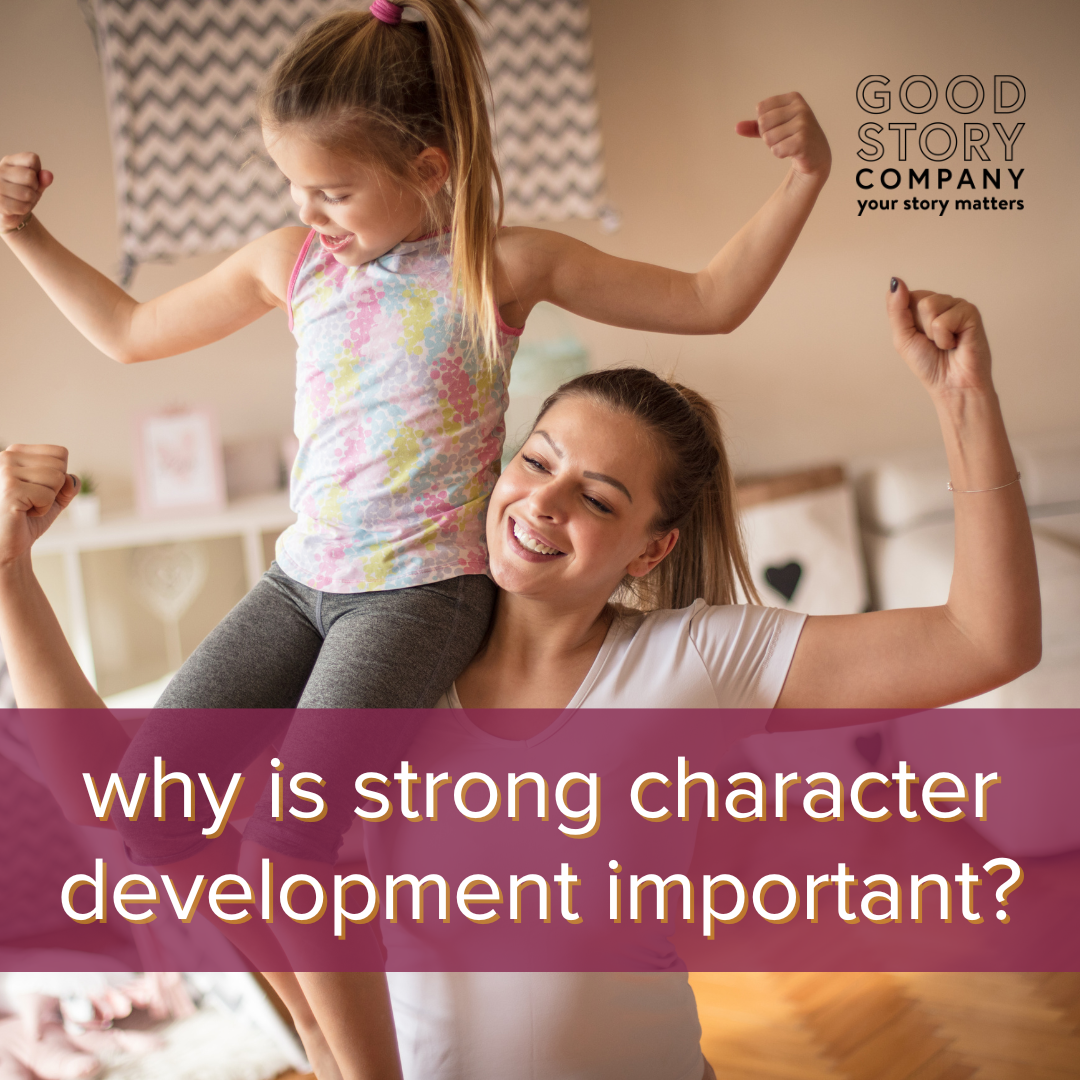
Why is Strong Character Development Important?
Strong character development arcs make better stories. Here are some tips on writing characters that readers will connect with and root for.
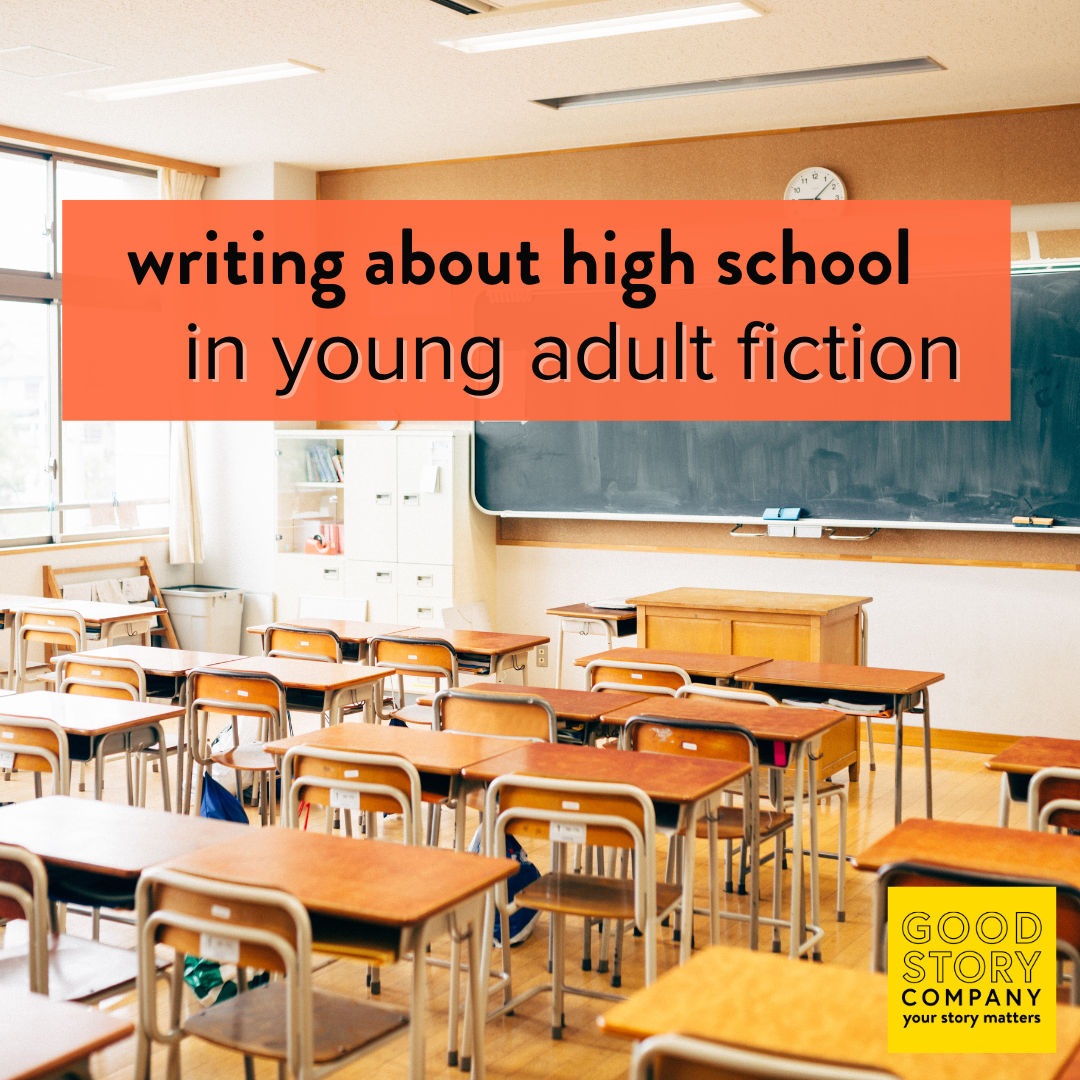
Writing About High School in Young Adult Fiction
You’ve got the perfect idea for your YA novel, but don’t forget about the setting! Most young adults go to school for six-plus hours a day, five days a week, so it’s the perfect setting for teen angst, romance, coming of age, and humor. Here are some tips for writing about high school in young adult fiction.

Writing Believable Characters
We know a believable character when we see one. We know what they want, how they feel, and that they’ll be different at the end of the story than they were at the beginning. Here’s how to make sure they’re connecting with your reader.
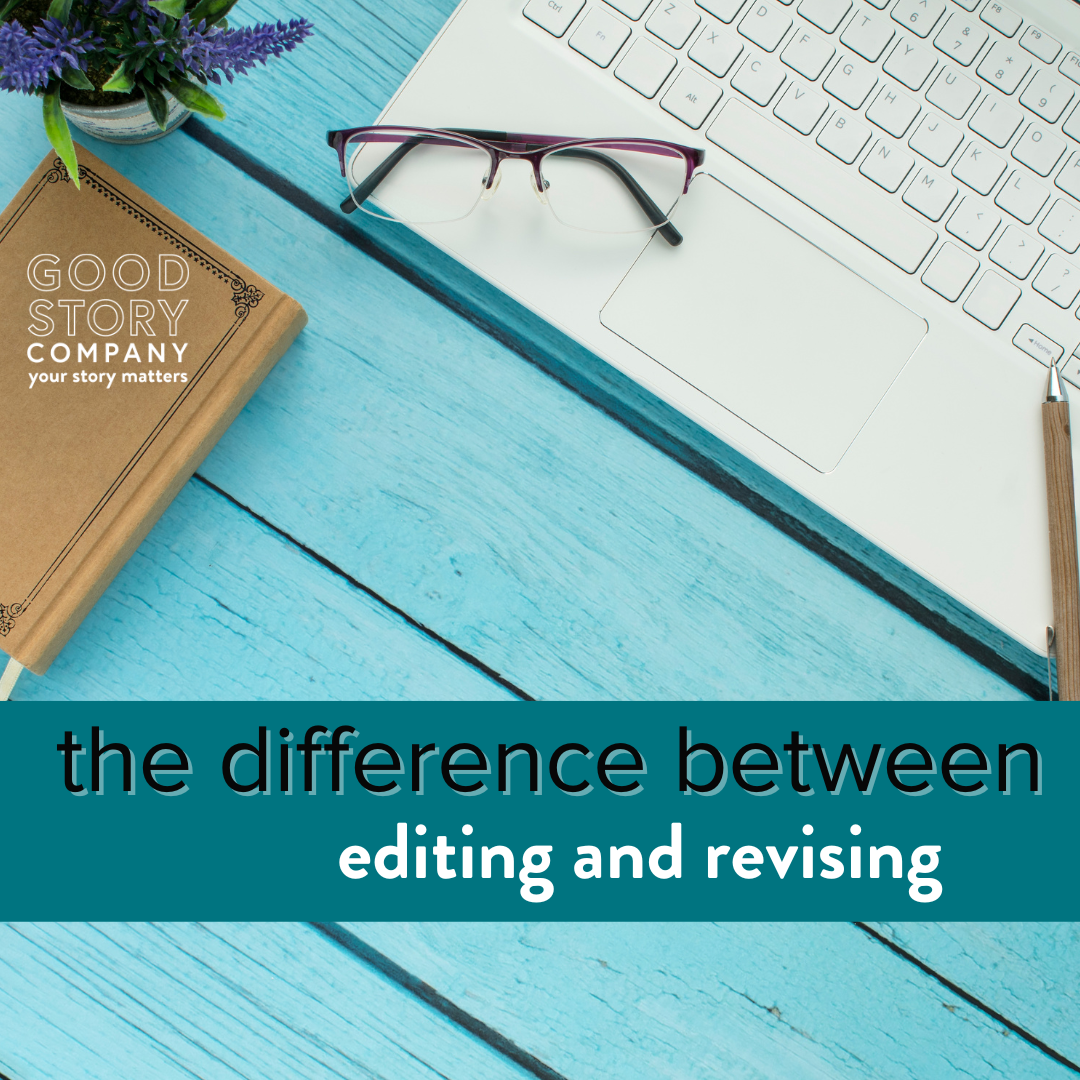
The Difference Between Editing and Revising
There’s an important difference between editing and revising, although writers tend to use “editing” and “revising” as interchangeable terms to mean anything other than drafting. You’ll need to do both, so it’s helpful to understand the difference.

Chosen One Stories: Is Your Hero Worthy of the Journey?
The “chosen one” premise is the focus of many books. They're the only person who can save the town, world, or galaxy. But writing a "chosen one" story is harder than it seems. How do you successfully execute this premise?
